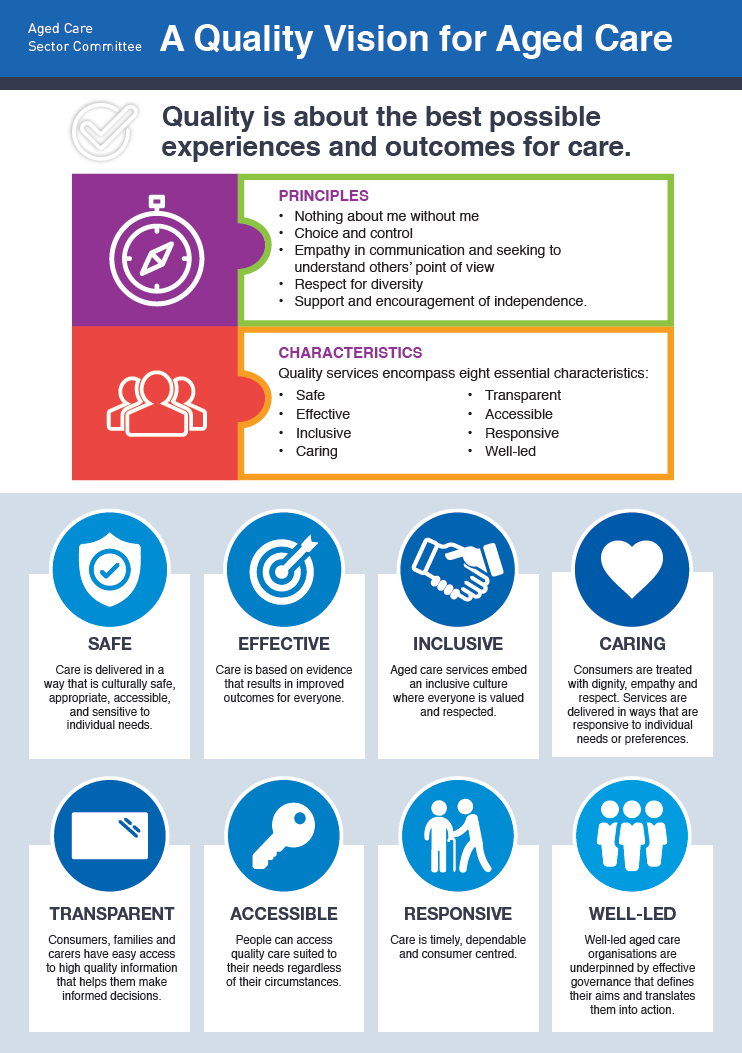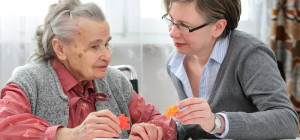Caring for an elderly person can be a complex and challenging task, and it is natural to sometimes feel worried about their well-being. If you’re concerned about an elderly person you’re caring for, here’s a list of steps you can take to address your concerns:
- Talk to Them Directly: Start by expressing your concern in a calm and loving manner. It’s essential to approach the conversation respectfully, keeping their feelings in mind. They might be fully aware of the issue and be able to provide some context or reassurance.
- Observe Changes: Take note of any significant changes in their behavior, mood, physical health, or cognitive abilities. Symptoms like frequent forgetfulness, drastic weight loss or gain, unexplained bruises, lack of personal hygiene, or mood swings could indicate a problem.
- Consult a Health Professional: If you observe alarming symptoms, it’s crucial to get a medical evaluation. This can help identify if there are any underlying health issues that need to be addressed. The professional might be a doctor, a geriatrician, or a mental health specialist, depending on the nature of your concerns. If you think that an assisted living facility might be the right option for your senior, you should consider looking at options such as assisted living Toms River NJ. Your senior may be able to thrive in this sort of environment.
- Engage Family and Friends: Share your concerns with other family members, friends, or neighbors who know the person well. They may have noticed similar issues or could help keep an eye on the person to provide additional perspectives.

- Consider Professional Assessment: If cognitive decline is a concern, consider getting a formal cognitive assessment. This can help identify conditions such as dementia or Alzheimer’s disease.
- Home Safety Evaluation: You might also want to consider a home safety evaluation. An occupational therapist can identify potential safety risks around the house and suggest modifications to make the environment safer.
- Look into Support Services: There are many resources available to help older adults living independently. This includes meal delivery services, in-home care providers, adult day care centers, and transportation services for seniors.
- Legal and Financial Affairs: Ensure that their legal and financial affairs are in order. This may include power of attorney documents, a will, and other related items.
- Take Care of Yourself: As a caregiver, your health and well-being are important too. Make sure you are getting enough rest, eating well, and taking time for yourself. If necessary, seek support from caregiver support groups or a therapist.
Additional aspects to consider
Physical and Mental Health
- Regular Check-ups: Arrange for regular health check-ups to keep a tab on their physical health. Regular screenings can help in the early detection of many illnesses.
- Mental Stimulation: Engage them in activities that stimulate the brain, such as puzzles, reading, and interactive games. This can help maintain their cognitive abilities.
- Exercise: Encourage them to do light physical activities or exercises, suitable for their age and health condition. This can include simple stretching exercises, walking, or yoga. Physical activity is beneficial for both physical and mental health.
Social Engagement
- Social Interaction: Elderly people may often feel lonely or isolated. Try to encourage social interaction, which could be family gatherings, meeting with friends, or participating in community activities.
- Hobbies: Encourage them to pursue hobbies or interests that they enjoy, which can offer them a sense of purpose and satisfaction.
Nutrition
- Balanced Diet: Ensure they are eating a balanced diet, full of essential nutrients. Elderly people may have specific dietary needs, and you may want to consult a nutritionist or dietitian for guidance.
- Hydration: Older adults often do not drink enough water. Encourage them to stay hydrated, which is critical for overall health.
Safety Measures
- Prevent Falls: Falls are a common safety concern for older adults. Install safety features like grab bars, use non-slip mats, and remove clutter from the floor to prevent falls.
- Emergency Contacts: Keep a list of emergency contacts (like doctors, nearby hospitals, close family members) easily accessible.
Support
- Respite Care: Caring for an elderly person can be emotionally and physically demanding. Arrange for respite care occasionally to take a break. Respite care provides temporary relief for primary caregivers.
- Support Groups: Join caregiver support groups in NJ, either in your community or online. It can be helpful to share your experiences and gain advice from others in similar situations.
Lastly, it can be beneficial to include the person you’re caring for in these decisions as much as possible. Involve them in discussions and decisions about their care, respecting their wishes and dignity. This can help them feel more in control and can improve their overall well-being.
Remember, it’s essential to respect the autonomy of the individual you’re caring for, while also ensuring they are safe and healthy. Balancing these two considerations can be challenging, but with the right help and resources, it’s entirely possible.









